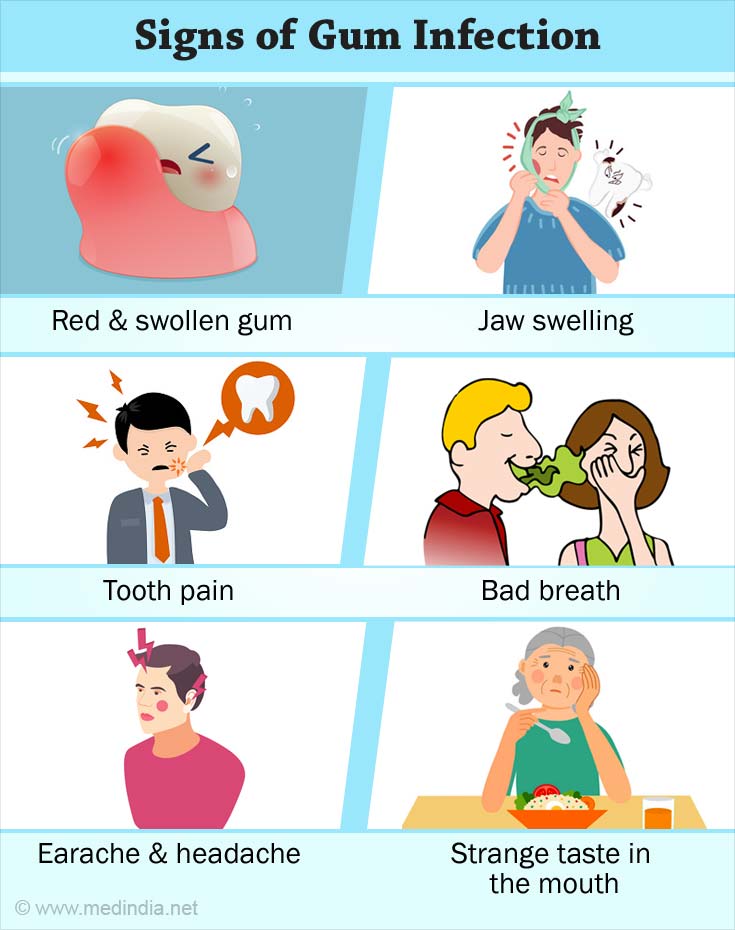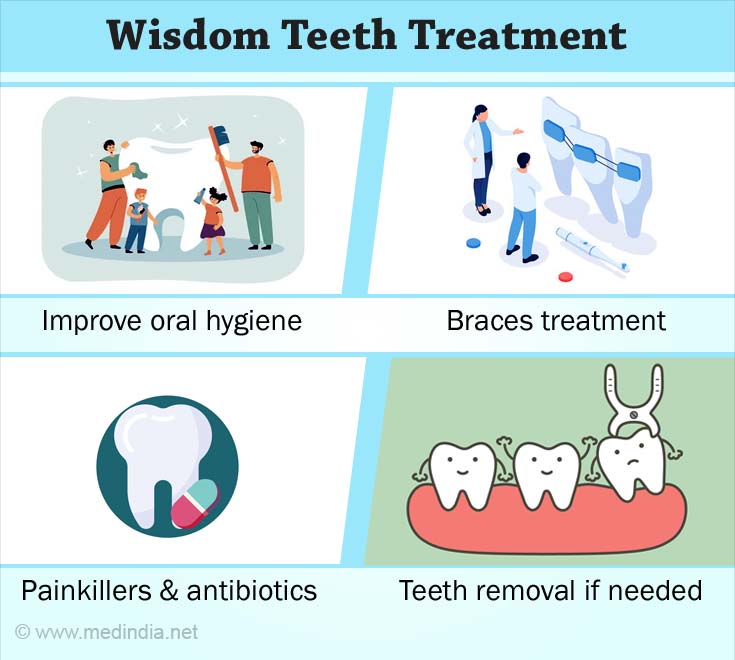- Why do we have wisdom teeth? - (https://www.dentalhealth.org/wisdom-teeth)
- Wisdom Teeth Extraction - (https://www.hopkinsmedicine.org/health/treatment-tests-and-therapies/wisdom-teeth-extraction)
- Do Your Wisdom Teeth Really Have to Come Out? - (https://health.clevelandclinic.org/is-it-always-best-to-have-your-wisdom-teeth-removed/)
- Impacted wisdom teeth - (https://www.mayoclinic.org/diseases-conditions/wisdom-teeth/symptoms-causes/syc-20373808)
What are Wisdom Teeth?
From infancy through early adolescence, humans develop their first set of teeth, lose them, and get a whole new set again. Then again in early adulthood, the final set of teeth emerge.
These teeth that emerge between ages 17 and 25 at the back of the mouth are called wisdom teeth. It is one of the major dental milestones.
Wisdom teeth are the flatter kind of teeth called third molars, which grind down food. Adults get three sets of molars on top and bottom and both sides of the mouth.
These teeth have been called wisdom teeth historically because they arrive at a more mature age.
About 20-25% of the human population is born with 1 to 3 wisdom teeth, 90% of people have at least one impacted wisdom tooth and 35% are born without any wisdom teeth.
According to the American Association of Oral and Maxillofacial Surgeons, an estimated 85% of wisdom teeth eventually need to be removed.
Diet may be responsible for impacted wisdom teeth. Early humans had more wear on their teeth due to a tough diet. Wisdom teeth were able to emerge because there was more space.
Problems with Wisdom Teeth
When they arrive at the correct place, it helps in chewing. If misplaced, it can damage adjacent teeth, the jawbone, or nerves.
Partially erupted wisdom teeth provide an opening for bacteria to enter the mouth and cause an infection, which results in pain, swelling, jaw stiffness, and general illness.
These teeth are also more prone to tooth decay and gum disease because their hard-to-reach location and awkward positioning make brushing and flossing difficult.
Sometimes, there is not enough space for wisdom teeth to erupt in the mouth, pushing the tooth beside the gum. This is called impaction.
If a tooth remains just under the gum, it can lead to infection and may grow into a sac in the jawbone which fills with fluid, creating a cyst. Cyst formation damages the bone or roots.
Crowded wisdom teeth in the upper jaw often lean sideways and rub against the cheek. This may cause ulcers on the cheek and chewing problems.
Signs of Gum Infection
The signs of gum infection caused by wisdom teeth include:

- Red and swollen gum near the wisdom tooth
- Jaw swelling
- Tooth pain
- Pus coming from the gum
- Swollen and painful lymph nodes underneath the jaw
- Difficulty opening the mouth and swallowing
- Fever
- Bad breath
- Earache and headache
- Strange taste in the mouth
It can also cause a severe bacterial skin infection called cellulitis, where the affected skin appears swollen and red and is typically painful and warm to the touch.
How do Know These Problems?
Visit a dentist to know whether the problems are caused by wisdom teeth. They will check for signs and may take an X-ray periodically to evaluate the presence and alignment of your wisdom teeth. Later, they will decide about a treatment plan.
How are Wisdom Teeth Treated?
Infections caused by wisdom teeth can be treated in the following ways:

- Improve oral hygiene in the area– Professional cleaning by a dentist, use a mouthwash of warm water and a teaspoon of salt several times a day or an antibacterial mouthwash, such as chlorhexidineto reduce discomfort.
- Braces treatment can be used to straighten crooked teeth.
- Painkillers and antibiotics are prescribed by the dentist to clear up the infection.
- If the problem returns, then teeth need to be removed.
Removal of Wisdom Teeth
Wisdom teeth removal is done by a dentist or an oral surgeon.
The dentist will open the gum tissue over the tooth to remove the tooth. Sometimes a tooth will be cut into smaller pieces to make it easier to take out. After the tooth is removed, stitches may be needed.
If the infection is present, the patient may need to wait until it is gone before the teeth are removed.
One possible complication of wisdom teeth removal is a dry socket (alveolar osteitis) when the area where the tooth came from doesn’t heal properly. Bad breath and severe pain from the socket are the signs.
It is important to practice good dental hygiene and regular check-ups to minimize the risk of dental problems.
Care After Removal of Wisdom Teeth
Some general suggestions include:
- Take pain-relieving medication if needed (and on advice from the dentist).
- Put an ice pack on the face for 15 to 20 minutes at a time after surgery.
- Hold warm salty water in your mouth. Do this after meals and no earlier than 24 hours after surgery.
- Eat soft, easy-to-chew foods for the next few days.
- Don’t smoke for 48 hours after the surgery.
- Avoid alcohol.
Wisdom teeth do not usually cause any pain until they start to do damage, so it is best to find out if wisdom teeth are causing problems sooner than later.
The roots of wisdom teeth are still forming when you are a teenager, so it is easier to take them out at this age. It may be more complicated if you wait until later in life when the roots are fully formed.









